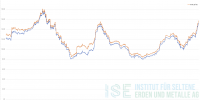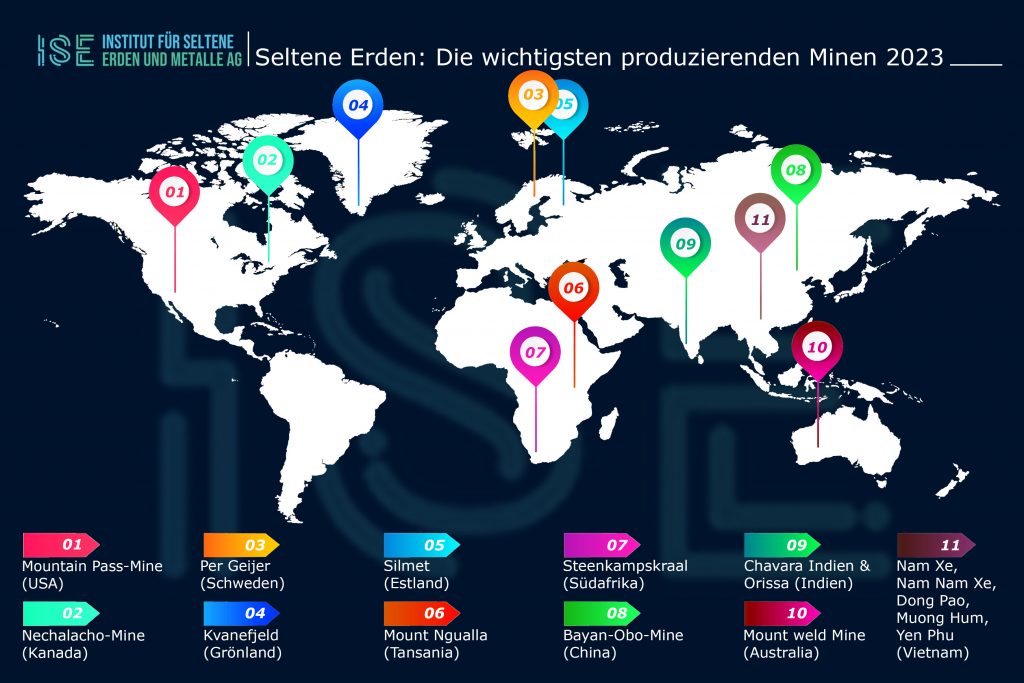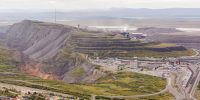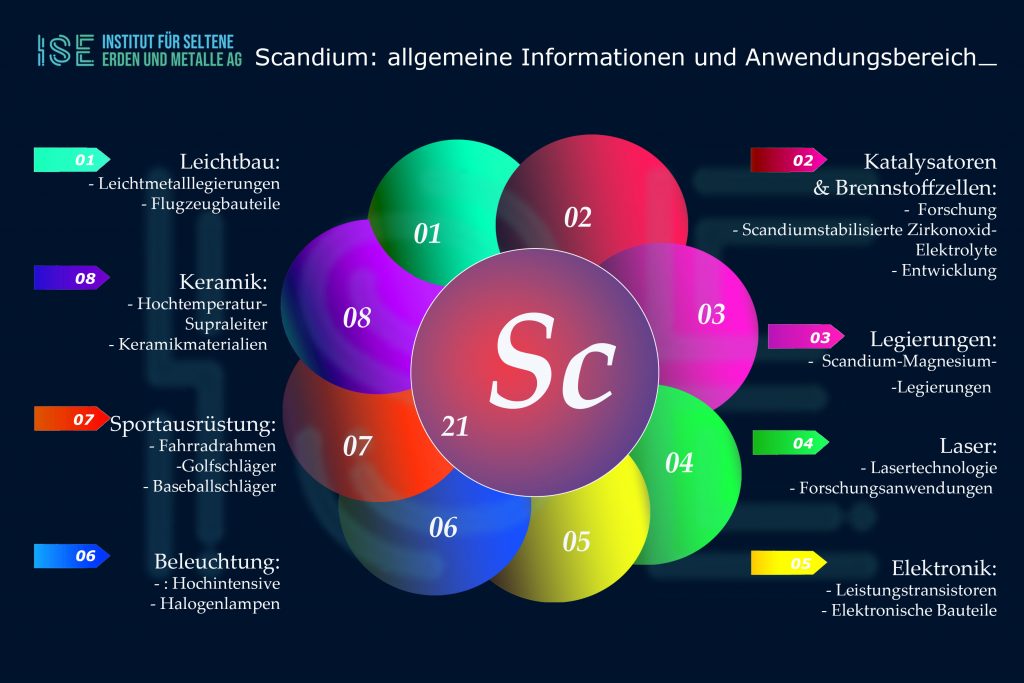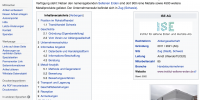- Australia has a large number of new projects coming into production soon
- Hastings Technology and Northern Minerals are nearing completion
- According to scientists, projects are expected to start no later than 2023
22.07.2019/XNUMX/XNUMX - MELBOURNE, Rare Earth Explorers in Australia are about to sign contracts with new customers who would move their projects forward as global supply concerns increase for minerals critical to the high tech industry.
According to the United States Geological Survey, Australia holds 2,8% of the world's rare earth reserves. However, more than half of the new global projects are in the vast country, according to the Western Australian School of Mines (WASM) at Curtin University.
Rare earths are a group of 17 minerals that are critical to a variety of industries from high-tech consumer electronics to electric vehicles to advanced military equipment.
However, most Australian projects are stalled as developers battle for funding due to China's hegemony, which accounts for approximately 90% of the world's rare earth processing capacity and one quarter of the world's reserves.
Even the projects closest to commissioning are expected to be operational as soon as 2023, as the WASM data show.
However, these projects could accelerate in the escalating trade war between the United States and China. The United States imports 80% of its Rare Earths from China, where state news agencies have reported that they could cut their supplies to the US in the context of the dispute.
Northern Minerals, which is developing the Browns Range project in northwest Australia, announced last week that it was in "talks with an internationally recognized industrial group" about the supply.
"Interest has increased since the news focused more on the subject," a company spokesman said this week.
Hastings Technology, which is preparing its Yangibana Rare Earth Project in Western Australia for the production end of 2021, has already signed a preliminary supply agreement with the German company Thyssenkrupp and signed another with automotive supplier Schaeffler AG last week.
"We are working on another German supply agreement that we expect to sign this year," said Charles Lew, Hastings CEO.
In addition, Hastings is funded by Germany's strategic mineral procurement office, he said.
The outlook for the Australian rare earth industry is recovering due to growing demand expectations.
The US announced this week that they would go to Australia and Canada to build up rare earth reserves worldwide and reduce China's dependence on China.
A Thyssenkrupp spokesman said last week: "In the rare earth sector, we are regularly looking for new partners in order to be able to serve the growing global demand."
The reason rare earth projects have not progressed outside of China is that China's huge production, underpinned by cheaper labor and less stringent environmental regulations, means nobody else can compete with the costs, said WASM professor Dudley Kingsnorth ,
The Australian Lynas Corp., the world's only rare earth producer outside of China, was supported by low-interest loans from the Japanese government. Last month, Lynas unveiled expansion plans including the construction of a US processing plant.
Kingsnorth estimates that the world will need up to 2025 75.000 tonnes of Rare Earths per year to be independent of China. He assumes, however, that the rest of the world will only produce 50.000 tons independently of China by then.
Consumers are unwilling to invest in mines that are years away from production and more expensive than in China.
However, companies do not discount the risk of a policy-based supply disruption, he said.
"It's not about competing with China, it's about whether or not you get your metals," Kingsnorth said.
Without the support of the government, most new projects will not come into the public eye, said an analyst from a resource company who refused to be named for corporate policy reasons.
Especially when companies are planning to build processing plants that can cost an order of magnitude more than the value of the companies they build, he said.
Australian Rare Earth Mine Operator, Arafura Resources, a company with a market capitalization of 77 million AUD (53,24 million USD), wants to raise $ 1 billion for its project with a processing plant.
Arafura and his competitor Alkane Resources met with US defense officials in an Australian trade delegation in February, but returned home empty handed, executives from both companies said.
"The puzzle is whether or not people want to put money on the floor to pay higher risk mitigation costs?" Said Nick Earner, managing director of Alkane.
Institute for Rare Earths and Metals Arndt Uhlendorff - July 2019
